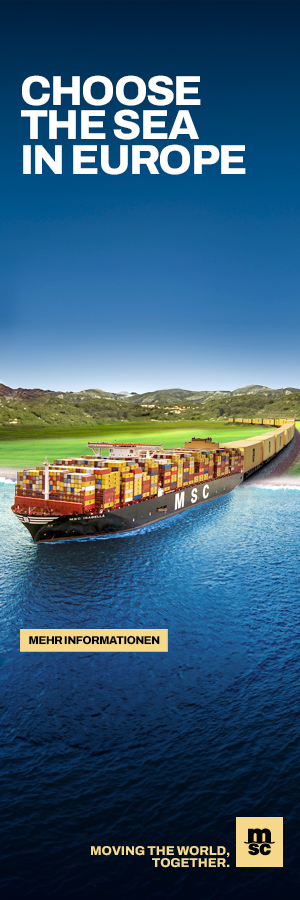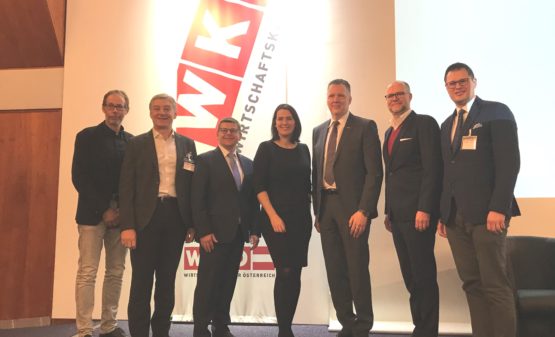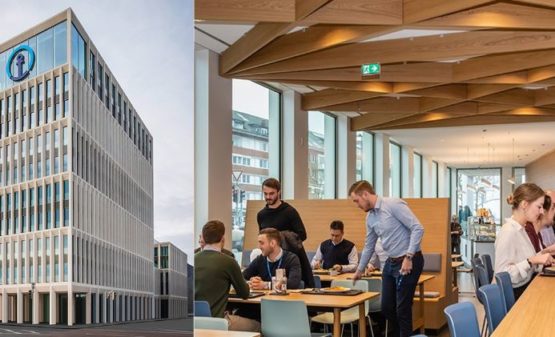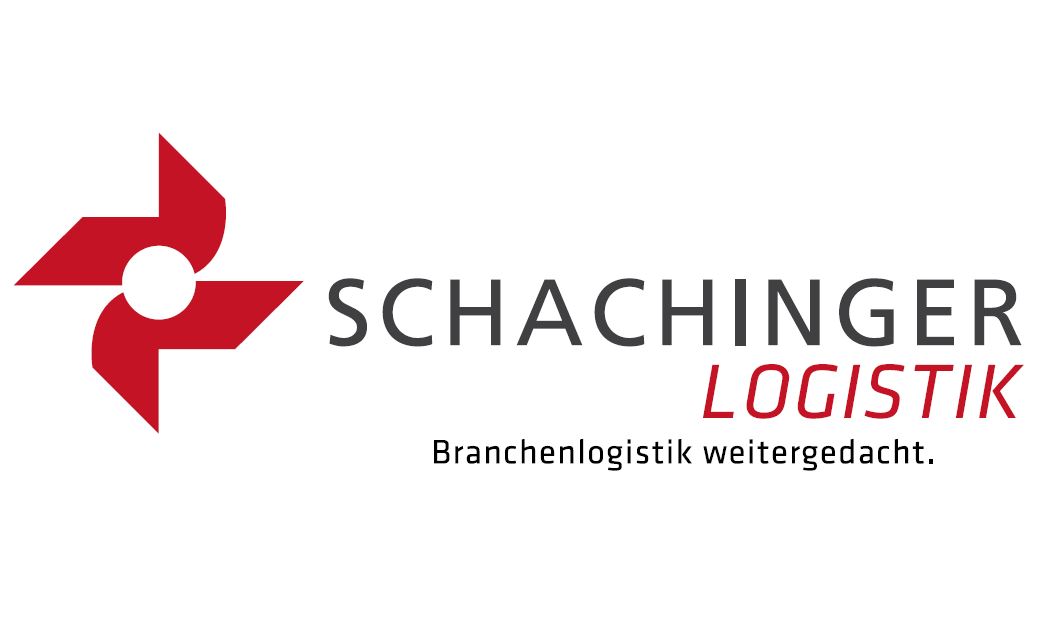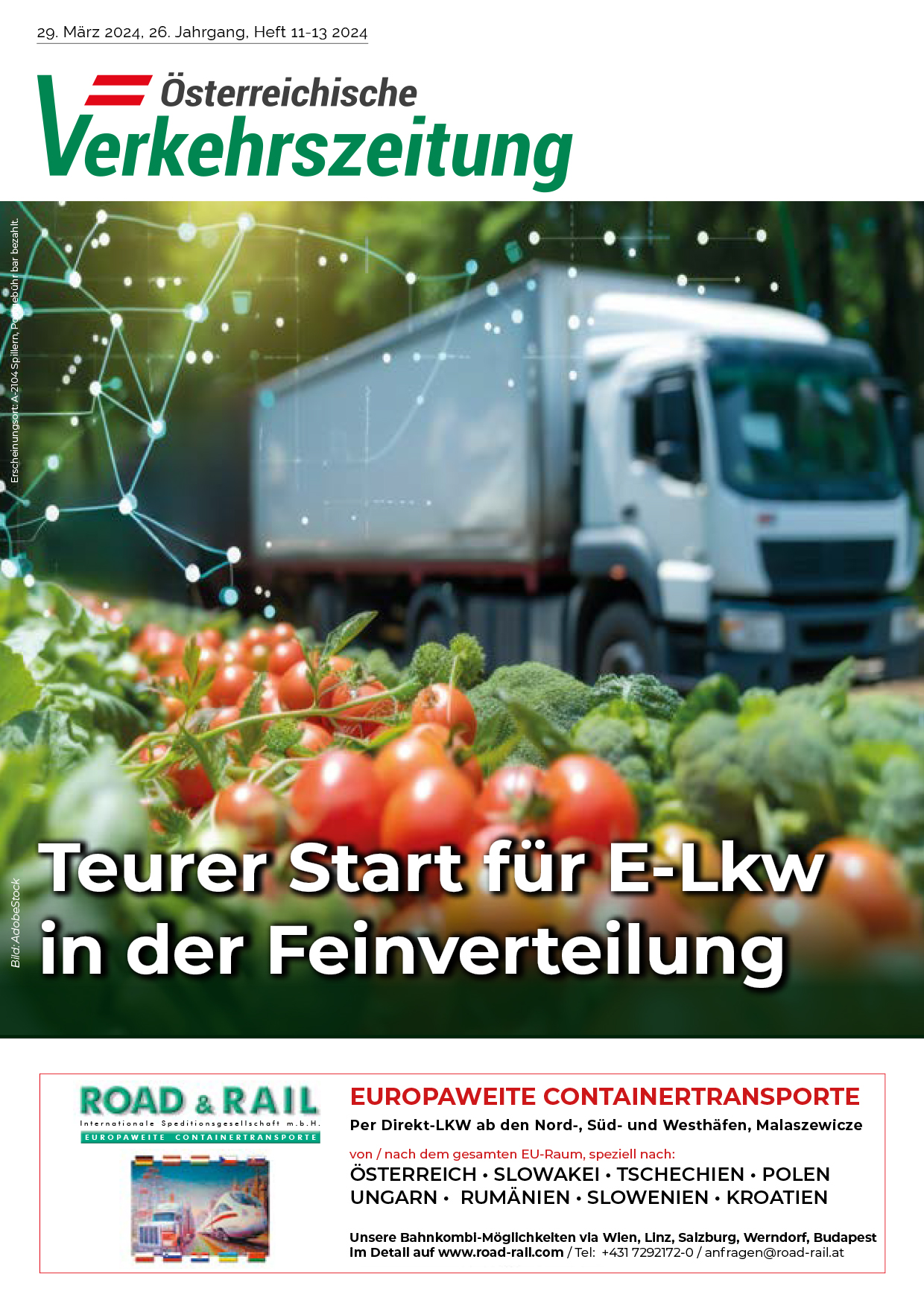Bronson Hsieh, Second Vice Group Chairman of the Evergreen Group, delivered the keynote speech at the FIATA World Congress 2015 in Taipei. He talked about a slow but upward development of the global economic recovery, different trends in the container shipping and air freight markets as well as the opportunities for logistics service providers brought about by growing cross-border e-commerce.
To start, Mr. Hsieh quoted IMF (International Monetary Fund) forecasts that imply that the world economic outlook is experiencing a slow but upward development in spite of some regional variations. In addition, he noted several free trade agreements have begun to take shape in recent years, such as TPP (Trans-Pacific Partnership), RCEP (Regional Comprehensive Economic Partnership) and TTIP (Transatlantic Trade and Investment Partnership). Once established, these economic cooperation agreements will remove trade barriers and thereby accelerate growth of international trade and cargo flows.
Next, Hsieh analysed major trends in the container shipping market. “The current trend in vessel upsizing is to benefit from the scale economics that large vessels afford by reducing unit cost,” he said. However, to effectively produce the expected cost benefits, Ultra-Large Container Ships have to be sufficiently loaded. Carriers are thus motivated to join alliances and work with other members to raise capacity utilization on these big ships.
After its expansion project is completed in 2016, the Panama Canal will be able to handle new ‘Panamax’ vessels of around 12,000-teu ships, causing a fundamental shift in U.S. supply chains and cargo movement patterns. To prepare for the large vessels and cargo flows attracted to the expanded Panama Canal, several ports on the U.S. east coast are deepening channels and enlarging their facilities, added Hsieh.
As far as developments in the air freight industry are concerned, he mentioned that as consumer electronics are getting smaller in size, most air cargo carriers are not ordering bigger freighters. He cited statistics from IATA and pointed out that deliveries of wide body freighters were matched by retiring of older ones in recent years; payload capacity of the global freighter fleet is not increasing.
In contrast, the growing fleet of passenger jets is adding more belly capacity to air freight markets. Belly holds of passenger jets offer additional cargo revenue. Order books of Boeing and Airbus show that many airlines prefer aircraft models with high belly capacity, including Boeing 777, Boeing 787, A330 and A350.
Referring to statistics provided by Transport Intelligence (Ti), he noted that major logistics service providers managed to increase revenues in recent years in spite of volume fluctuations. The trend proves that customers are willing to pay higher charges for comprehensive logistics solutions and a customized service.
Hsieh believes that the expansion of cross-border e-commerce will provide new business opportunities for logistics service providers. E-commerce platforms are offering trade assurance services to create trust between buyers and suppliers and to speed up online business-to-business transactions. It requires a trusted logistics service provider to oversee the fulfilment process and arrange transportation. In return, the logistics operator can secure the cargoes from these online transactions.
Hsieh concluded by saying, “If logistics service providers want to stay at the forefront of the industry and participate in the growing e-commerce business, they need to embrace the dynamics of these developments and provide effective solutions.”
www.evergreen-line.com
Evergreen Group: “Ultra-Large Container Ships have to be sufficiently loaded”
11.09.2015Evergreen’s Bronson Hsieh Addresses FIATA’s World Congress: The executive shares his views on global transport and logistics trends


